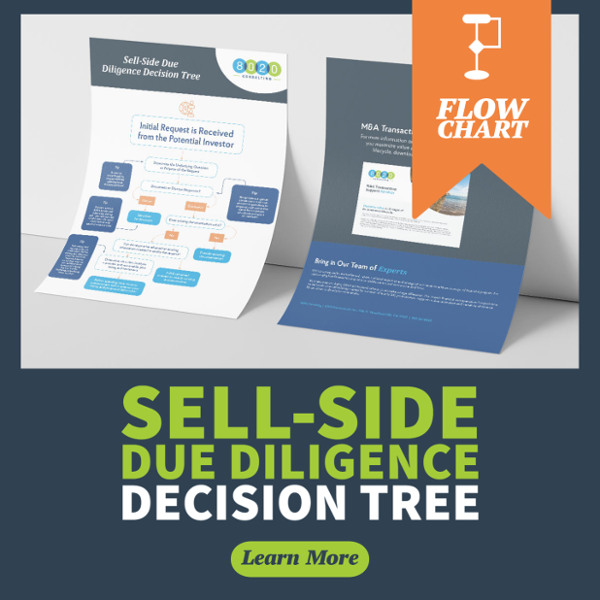Inside Preparing a Manufacturing Company for a Transaction
- Updated on December 31, 2024
- 8020 Consulting
- Approx. Read Time: 2 minutes read
- Published on November 17, 2020


Just like in other industries, preparing for a manufacturing transaction is challenging. Setting up a company for a transaction can involve steps like creating GAAP-compliant financial statements, ensuring proper allocation methods and building financial projections with hopefully increasing margins, tax and legal issues. (Not to mention leading a cross functional team of investment bankers, tax accountants, lawyers and your own management team!) And lastly, let’s not forget that you still have to do your day job managing the day-to-day activities.
The tasks can quickly get overwhelming. But still the reward and the satisfaction of accomplishment is bigger. Even within the finance industry, professionals in corporate finance, investment banking or private equity benchmark themselves based on taking a company through a successful transaction.
In such a situation, onboarding a consultant, who can focus on M&A transaction support, driving value and best positioning the company for the upcoming transaction, can both help alleviate the increased workload and bring a much-needed outside perspective.
“A man prepared has fought half the battle.”
– Miguel de Cervantes
As noted earlier, each industry has its own challenges. A manufacturing company has to deal with unique accounting issues related to inventory, direct / indirect labor and overhead allocation. Small manufacturing businesses (<$100M) typically do not spend capital to efficiently track inventory, direct labor and allocate overhead to SKUs since it can be a time-consuming process.
To maximize company value, one needs to view the company through the lens of a buyer and proactively address the following:
If you don’t know where you are going, how will you know when you get there?
– Peter Goodson
Positioning any company for a transaction takes time and resources. Rushing this process can significantly reduce value and lengthen the due diligence process. Plan for it. Build a transaction team. And then you can brag about it!
8020 Consulting’s team of 90+ finance and accounting consultants offers a wide range of expertise that includes manufacturing finance consulting. If you’d like to explore engaging our team, contact us to start a conversation.
If you’d like to explore more about the value of experience on your transaction team, you can also download our decision tree, which offers insight into fielding due diligence requests:

Organizations increasingly use audit management systems (AMS) to ...
Read MoreAuditing plays a vital role in ensuring compliance, managing risk, ...
Read MoreManaging compliance and security is increasingly complex, especially ...
Read More